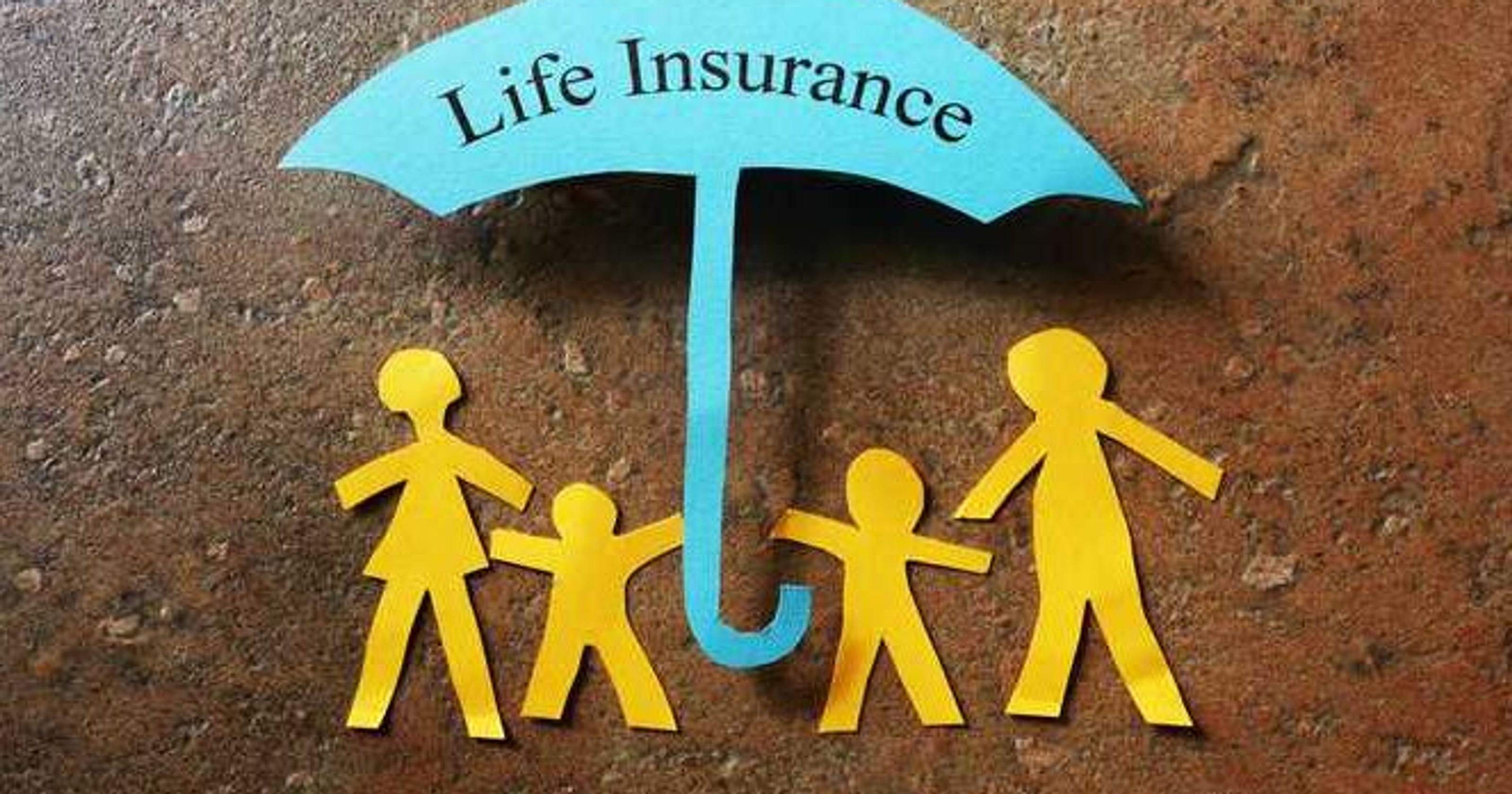Content
From the date of initial payment, the payment is recorded as revenue on a monthly basis until the entirety of the promised benefits is confirmed to have been received by the customer. The recognition of unearned revenue relates to the early collection of cash payments from customers.
- Get deep insights into your company’s MRR, churn and other vital metrics for your SaaS business.
- Therefore, the revenue must initially be recognized as a liability.
- Despite its name, prepaid revenue or unearned revenue isn’t technically revenue.
- At that point, the unearned revenue amount of current liabilities would drop by $7,500, and the cash could then be listed as a current asset instead using an adjusting journal entry.
- There are several industries where prepaid revenue usually occurs, such as subscription-based software, retainer agreements, airline tickets, and prepaid insurance.
- Sometimes you are paid for goods or services before you provide those services to your customer.
If the service is eventually delivered to the customer, the revenue can now be recognized and the following journal entries would be seen on the general ledger. Over time, the revenue is recognized once the product/service is delivered . In the case of accounts receivable, the remaining obligation is for the customer to fulfill their obligation to make the cash payment to the company in order to complete the transaction. Media companies like magazine publishers often generate unearned revenue as a result of their business models. For example, the publisher needs the cash flow to produce content through its various teams, market the content compelling to reach its audience, and print and distribute issues upon publication. Each activity in a publisher’s business strategy can benefit from the resulting cash flow of unearned revenue.
What Is Unearned Revenue? A Definition and Examples for Small Businesses
Now that you know how great unearned revenue can be for your business, you need to actually collect it from your customers. This is where FreshBooks, a cloud-based accounting and invoicing solution comes in.
Is unearned revenue an asset?
Is unearned revenue a liability? In short, yes. According to the accounting reporting principles, unearned revenue must be recorded as a liability. If the value was entered as an asset rather than a liability, the business's profit would be overstated for that accounting period.
Each individual’s unique needs should be considered when deciding on chosen products. At the end of the 12-month period, revenue is fully recognized and unearned revenue is reduced to zero. The next journal entry shows what happens to the journal entry for the revenue as it is earned.
COMPANY
According to GAAP, unearned revenue is recognized over time as the product or service is delivered, based on certain critical events. Unearned revenue is money received by an individual or company for a service or product that has yet to be provided or delivered. It can be thought of as a “prepayment” for goods or services that a person or company is expected to supply to the purchaser at a later date. As a result of this prepayment, the https://simple-accounting.org/ seller has a liability equal to the revenue earned until the good or service is delivered. This liability is noted under current liabilities, as it is expected to be settled within a year. At the end of any accounting period, the unearned incomes need to be checked and adjusted based on whether the goods or services are fully or partially delivered. The adjustment of unearned revenue depends on how it was treated in the first place.
The seller needs to account for this payment as a liability since it has not yet been earned. Deferred revenue is generally among software and insurance providers, who need up-front payments for service periods that may end for many months.
What types of industries and sectors have unearned revenue?
The software helps you automate complicated and monotonous revenue calculations and situations. You receive cash at the same moment that you earn the revenue. Since they overlap perfectly, you can debit the cash journal and credit the revenue journal. This recognized revenue will appear on the income statement. In this situation, unearned means you have received money from a customer, but you still owe them your services. Baremetrics makes it easy to collect and visualize all of your sales data so that you always know how much cash you have on hand, which clients have paid, and who you still owe services to. Whether you have earned revenue but not received the cash or have cash coming in that you have not yet earned, use Baremetrics to monitor your sales data.
The first journal entry reflects that the business has received the cash it has earned on credit. Once deferred revenue recognition takes place, it comes off the balance sheet. It is now income, and shifts over to the income statement. In accrual accounting, assets need equal liabilities, Is Unearned Revenue a Liability? in the same period. These services require prepayments for the delivery of those services. Consumers, meanwhile, generate deferred revenue as they pay upfront for an annual subscription to the magazine. A publishing company may offer a yearly subscription of monthly issues for $120.
The Importance of Unearned Revenue
Unearned revenues arise when a business receives an advance from the customer and is treated as a liability under the accrual concept. In simpler terms, an unearned revenue means that the customer has paid for goods or services, which he or she hasn’t received yet. But the business is obligated to deliver goods or services to customers and that is why it is to be treated as a liability in the books of accounts. It can be considered an income only after the obligation is met and the customers are provided with the promised goods or services. Under the liability method, you initially enter unearned revenue in your books as a cash account debit and an unearned revenue account credit. The debit and credit are of the same amount, the standard in double-entry bookkeeping. Additionally, you record each transaction in two accounts.





